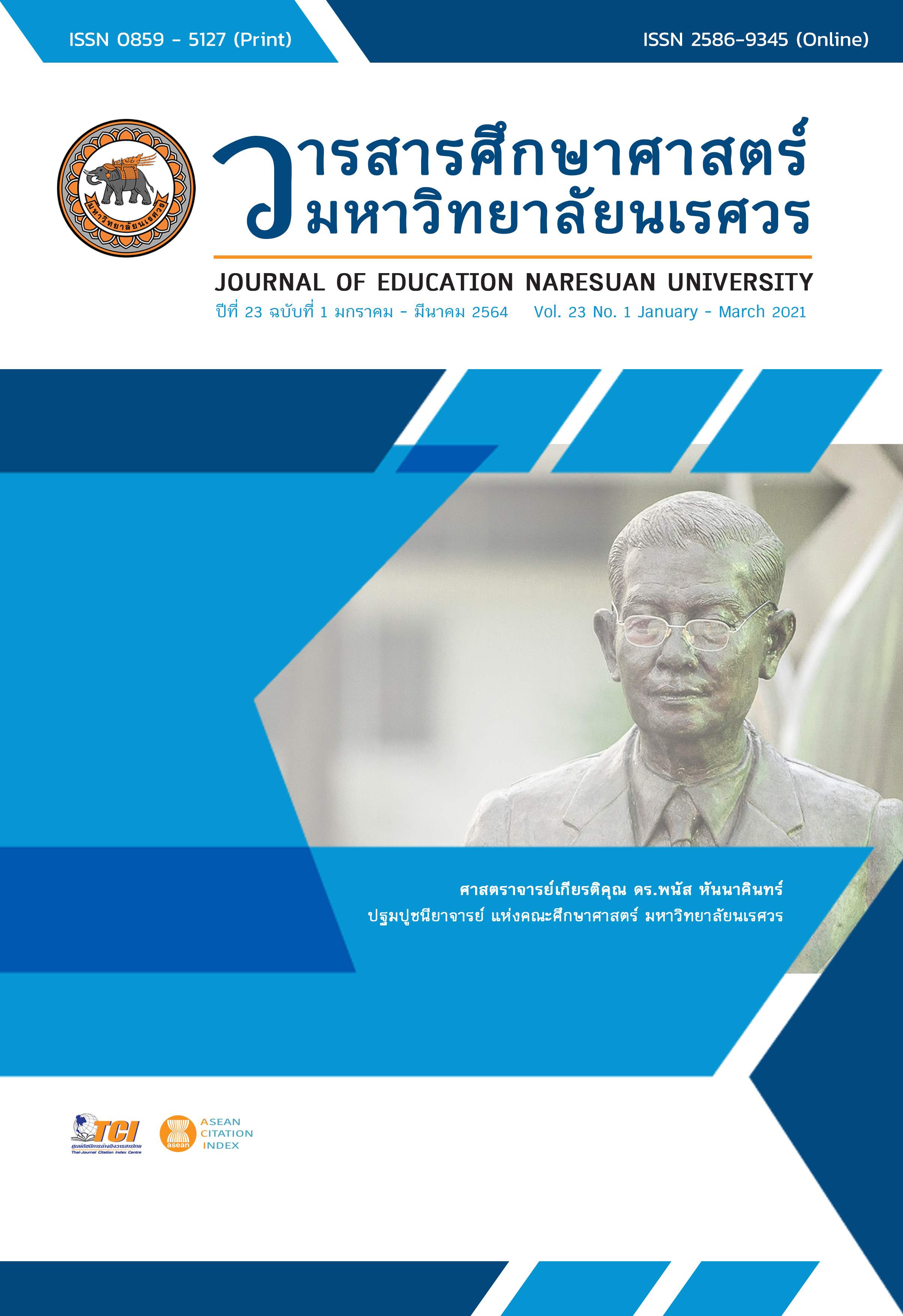WORKTEXT FOR THE TEACHING OF MOTHER TONGUE IN KINDERGARTEN IN AKLAN, PHILIPPINES
Main Article Content
Abstract
Nine years into the implementation of the Mother Tongue Based-Multilingual Education (MTB-MLE) in the Philippines, there is still dearth in instructional materials for the teaching of the subject, especially in the provinces. Instructional materials are mostly produced by the Department of Education (DepEd) with few private sector initiatives covering bigger language groups. Publications by non-DepEd personalities and entities to design, develop, and validate instructional materials in the mother tongue is most welcome. Using the ADDIE Model, this project aimed to develop a worktext on vocabulary development for kindergarten learners in Aklan, Philippines. Specifically, the following objectives were answered: 1) to determine the teacher-evaluators’ opinion on the alignment of worktext’s content to the learning competencies; 2) to find out teacher-evaluators’ opinion on the alignment of worktext’s content to the desired learning outcomes; 3) to generate suggestions from teacher-evaluators to further improve the quality of the worktext; 4) to list down parents’ observation on the tasks contained in the worktext when engaged to by their kindergartens. The analysis, design, and development stages were done from October-December 2018 while implementation and evaluation stages were completed in January- May 2019. Given the iterative process involved in the ADDIE model, revisions based on the evaluators’ and observers’ comments were made instantaneously across the entire process. DepEd kindergarten teacher-evaluators reported that the worktext had “fully met the expectation” and culturally relevant while parent-observers described that the worktext contained activities with varying levels of difficulty responsive to children’s ability. The evaluated worktext entitled Magtuon it Akeanon: A Worktext on Vocabulary Development for Akeanon Kindergarten Learners comes in printed book format with a downloadable digitized version.
Article Details
The owner of the article does not copy or violate any of its copyright. If any copyright infringement occurs or prosecution, in any case, the Editorial Board is not involved in all the rights to the owner of the article to be performed.
References
ACDP Indonesia. (2014). Mother tongue based multilingual education, Jakarta, Indonesia: Ministry of Education and Culture National Office for Research and Development (BALITBANG). Retrieved from https://www.adb.org/sites/default/files/publication/176282/ino-mother-tongue-multilingual-education.pdf
An, A., & Quail, S. (2018). Building BRYT: A case study in developing an online toolkit to promote business information literacy in Higher Education. Journal of Library & Information Services in Distance Learning, 12(3-4), 71-89. DOI: 10.1080/1533290X.2018.1498615
Awopetu, A. V. (2016). Impact of mother tongue on children's learning abilities in early childhood classroom. Procedia - Social and Behavioral Sciences, 233, 58-63. DOI: 10.1016/j.sbspro.2016.10.131
Croxton, R. A., & Chow, A. S. (2015). Using ADDIE and systems thinking as the framework for developing a MOOC: A case study. Quarterly Review of Distance Education, 16 (4), 83-96
Department of Education. (2016). Standards and competencies for five-year-old Filipino children. Retrieved from https://www.deped.gov.ph/wp-content/uploads/2019/01/Kinder-CG_0.pdf
Dulay, K. M., Cheung, S. K., & McBride, C. (2018). Environmental correlates of early language and literacy in low- to middle-income Filipino families. Contemporary Educational Psychology, 53, 45-56. DOI: 10.1016/j.cedpsych.2018.02.002
Karademir, T., Alper, A., Soğuksu, F., & Karababa, Z. C. (2019). The development and evaluation of self-directed digital learning material development platform for foreign language education. Interactive Learning Environments. DOI: 10.1080/10494820.2019.1593199
Hess, A. K., & Greer, K. (2016). Designing for engagement: Using the ADDIE model to integrate high-impact practices into an online information literacy course. Communications in Information Literacy, 10(2), 264-282
Mangila, B. B. (2018). Are IMs culturally relevant? A critical analysis of the instructional materials used in mother tongue-based multilingual education program. Asia Pacific Journal of Multidisciplinary Research, 6(2), 53-60.
Mangila, B. B. (2019). Institutionalizing a mother tongue-based approach in teaching multicultural classrooms: A closer look at elementary teachers’ experiences. Asia Pacific Journal of Education, Arts and Sciences, 6(2), 34-39.
McGill, S. J. (2000). Instructional system design (ISD): Using the ADDIE model. Retrieved from https://www.lib.purdue.edu/sites/default/files/directory/butler38/ADDIE.pdf
Molenda, Michael. (2003). In search of the elusive ADDIE model. Performance Improvement, 42(5), 34-36. DOI: 10.1002/pfi.4930420508
Parba, J. (2018) Teachers’ shifting language ideologies and teaching practices in Philippine mother tongue classrooms. Linguistics and Education, 47, 27-35. DOI: 10.1016/j.linged.2018.07.005
Patel, S. R., Margolies, P. J., Covell, N. H., Lipscomb, C., & Dixon, L. B. (2018). Using instructional design, analyze, design, develop, implement, and evaluate, to develop e-learning modules to disseminate supported employment for community behavioral health treatment programs in New York State. Front Public Health, 6, 113. DOI: 10.3389/fpubh.2018.00113
Philippine Congress. (2013). Enhanced Basic Education Act of 2013. Retrieved from https://www.officialgazette.gov.ph/2013/05/15/republic-act-no-10533/
Reinbold, S. (2013). Using the ADDIE model in designing library instruction. Medical Reference Services Quarterly, 32(3), 244-256. DOI: 10.1080/02763869.2013.806859
Seid, Y. (2016). Does learning in mother tongue matter? Evidence from a natural experiment in Ethiopia. Economics of Education Review, 55, 21-38. DOI: 10.1016/j.econedurev.2016.08.006


